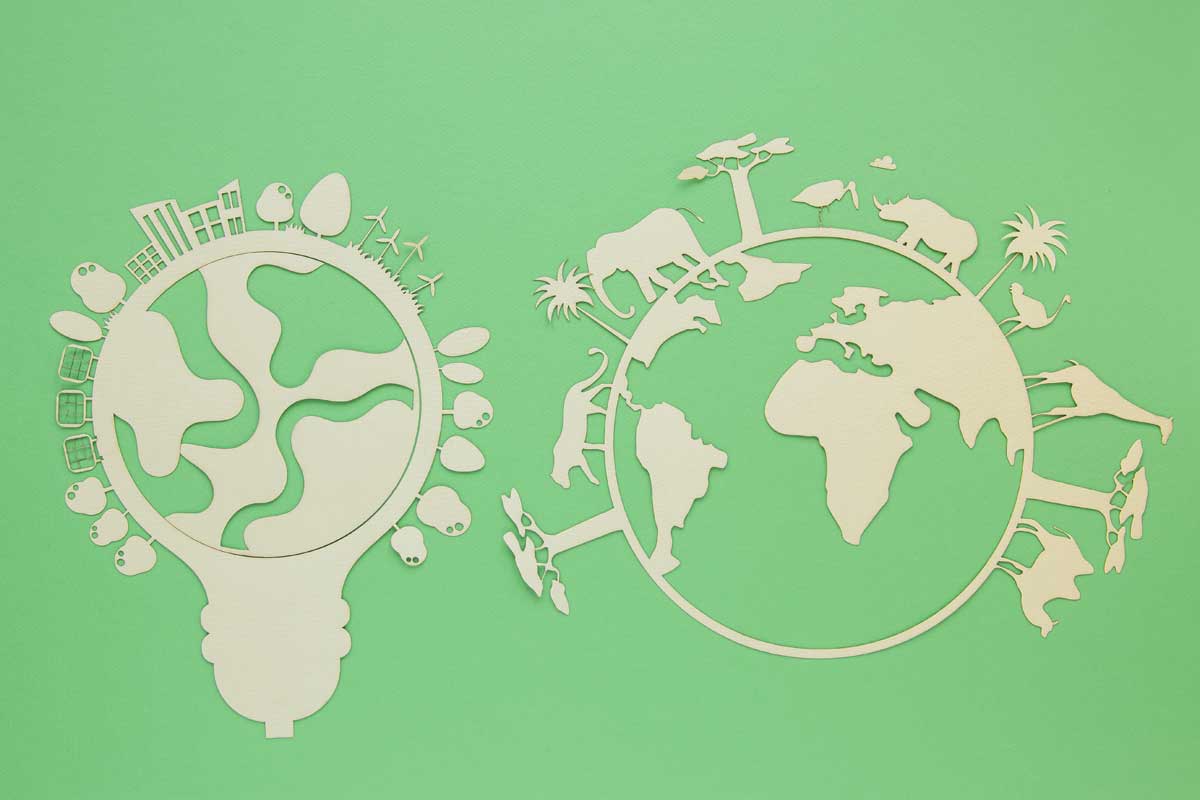As the world increasingly seeks sustainable manufacturing solutions, Tile Optima is at the forefront of the ceramic and porcelain industry’s transformation. Committed to innovation and environmental stewardship, Tile Optima is pioneering carbon-free production processes that not only meet global sustainability standards but also set new benchmarks for the industry. This blog post will delve into how Tile Optima is championing carbon neutrality, the challenges faced, the technologies adopted, and the broad-ranging benefits of this green initiative.
Introduction to Tile Optima’s Carbon-Free Commitment
Tile Optima has embarked on a mission to revolutionize the ceramic and porcelain production process by eliminating carbon emissions entirely. This bold move underscores the company’s dedication to sustainability and its proactive approach to tackling the urgent issues of climate change and environmental degradation.
The Challenges of Traditional Ceramic and Porcelain Manufacturing
Traditionally, ceramic and porcelain production has been energy-intensive, relying heavily on fossil fuels which contribute to significant CO2 emissions. Tile Optima recognized these environmental impacts and understood the necessity of evolving beyond outdated practices to ensure a sustainable future for the industry.
Innovative Technologies Driving Tile Optima’s Transformation
Tile Optima is making significant strides in carbon-free manufacturing through several key technological innovations:
- Electrification of Kilns: Transitioning from fossil fuel-based kilns to electric ones powered entirely by renewable energy sources, ensuring a drastic reduction in carbon emissions.
- Advanced Material Development: Investing in research to create innovative materials that require less energy to produce, thereby conserving energy and reducing the company’s carbon footprint.
- Heat Recycling Systems: Implementing state-of-the-art heat recovery systems that capture and reuse heat, increasing energy efficiency throughout the production process.
Benefits of Carbon-Free Production for the Industry and Environment
Tile Optima’s shift to carbon-free manufacturing not only significantly reduces its environmental impact but also offers numerous benefits:
- Reduced Operating Costs: Lower energy requirements translate into cost savings, making Tile Optima more competitive in the market.
- Enhanced Compliance and Market Position: Meeting and surpassing international environmental standards enhances Tile Optima’s market position and ensures compliance with global regulations.
Looking Ahead: Tile Optima’s Sustainable Future
Tile Optima’s journey towards a carbon-free future is ongoing. The company is continuously exploring further advancements in technology and process efficiencies to stay at the cutting edge of the industry’s environmental evolution. As Tile Optima moves forward, it remains dedicated to its vision of sustainability, aiming to inspire other companies in the industry to follow in its footsteps.
In conclusion, Tile Optima is not just adapting to a world that demands sustainability; it is leading the way in transforming the ceramic and porcelain industry. Through its commitment to carbon-free production, Tile Optima is making a significant impact on the industry and the planet, proving that environmental responsibility and business success can go hand in hand.



